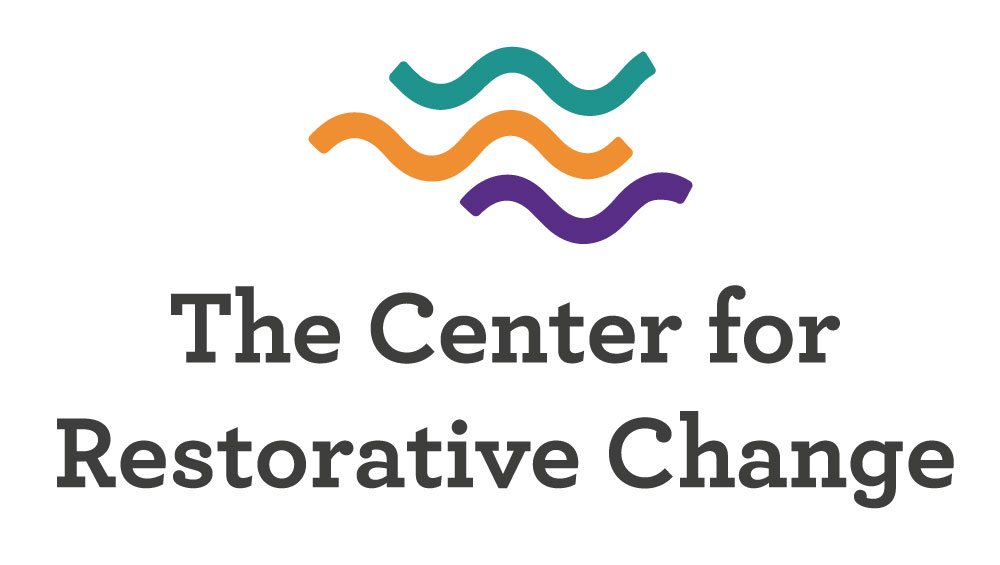UM School of Social Work to Help Make ‘Dreams Come to Life’ for Baltimore Students
October 31, 2023
Full-Service Community Schools Initiative Powers Help for Failing Kids
The University of Maryland School of Social Work Center for Restorative Change ("the center") is excited to announce that it has been awarded a Full-Service Community Schools (FSCS) grant by the U.S. Department of Education. The grant will enable the center to expand its services at two Baltimore City public high schools — Renaissance Academy and Augusta Fells Savage Institute of Visual Arts.
With 26 percent of Baltimore City Public Schools high school graduates becoming "disconnected" or "opportunity youth," not entering the workforce or pursuing postsecondary education, the need for this project is clear. The center, along with its key partners, aims to address this challenge head-on by enhancing community-based support for students and implementing robust juvenile crime prevention and rehabilitation programs.
"The center has worked in Baltimore City schools for almost two decades. During that time, we have come to understand more about the supports young people need to be successful,” says Wendy Shaia, EdD, MSW, executive director of the center. “We know that every young person needs a literal village of caring adults, thriving peers, resources, and opportunities to be able to dream and then to make those dreams come to life. This grant simply gives us more opportunities to help young people dream amazing futures, and we are honored to be a part of bringing those dreams to life."
The center will use the $3.7 million grant to enhance existing programs and introduce new ones aimed at improving teaching, learning, and student outcomes at two schools: the Renaissance Academy and Augusta Fells Savage Institute of Visual Arts. The comprehensive strategy includes violence prevention, mental health support, housing assistance, and job trainings such as barbershop apprenticeships and other professions.
“The need for stress reduction and emotional regulation is paramount in the lives of human beings, in particular to modern-day high school students who are constantly bombarded by internal and external stimuli,” stated Andrés González, co-founder, Holistic Life Foundation, FSCS partner. “Practical evidence-based, trauma-informed techniques can lead to increased concentration, focus, self-worth, compassion, empathy, resiliency, and academic success.”
This project seeks to address three crucial objectives: improving student academic achievement, attendance, behaviors, and graduation rates; understanding and improving program strengths; and fostering positive family engagement in children's education. All of this has the ultimate goal of raising graduation rates and broadening post-secondary opportunities.
Kamala Carnes, principal of Augusta Fells Savage Institute of Visual Arts, shared, “Augusta Fells Savage Institute of Visual Arts is excited to receive the FSCS grant. This is an important new resource to improve teaching, learning, and student outcomes at our school, while incorporating expanded violence prevention services, mental health supports, housing, and workforce opportunities. These resources are critical to further improve our school climate and continued progress to fostering a safe, artistic learning community where student achievement is the priority.”
The Upton, Druid Heights, and Sandtown-Winchester communities, where the schools are located, face significant challenges, including poverty, unemployment, crime, racialized oppression, and chronic health problems. This initiative, aligned with UMB's mission to improve the human condition and serve the public good, aims to provide much-needed support and investment in programs that consistently demonstrate a positive impact on outcomes for children, youth, and families in Baltimore.
Oprah Keyes, MSW, LCSW-C, director of strategic partnerships at the Center for Restorative Change, said, “This Full-Service Community Schools grant initiative is made possible through a collaborative effort involving community-based organizations, government agencies, community members, the University of Maryland, Baltimore, and many other valued partners. Together, we recognize that tackling complex community issues requires comprehensive, long-term commitments through strong partnerships. Our shared vision reflects the commitment of our partners to work together in coordinating comprehensive services and community-centered strategies, seeking continuous stakeholder feedback, and utilizing data-driven accountability to drive positive outcomes for high-school age youth and families.”
The initiative builds on existing services such as school climate coaching, restorative practice training, monthly food pantries, daily breakfast and snacks programs, tutoring, mentoring, substance use awareness, apprenticeship programs, and after-school programs. The expansion will introduce additional career and technical education pathways, and wraparound support for students and families, among others.
For more information about the Center for Restorative Change, visit: https://www.ssw.umaryland.edu/crc/
For Press/Media: Brittney Brookins, bbrookins@umaryland.edu or 443-934-7770